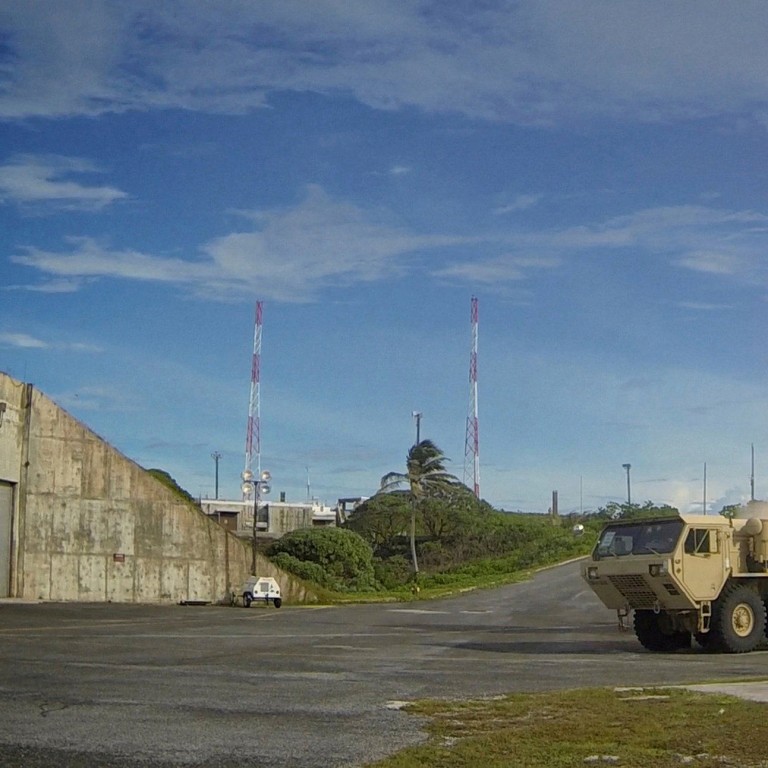
China prods South Korea to keep promise on US-made anti-missile systems
- Beijing urges Seoul’s new leader to uphold predecessor’s pledge to forgo THAAD expansion, saying ‘new officials cannot ignore past debts’
- The comments come after South Korean foreign minister appears to back away from policy
Beijing has urged Seoul to uphold its previous president’s commitment to refrain from installing more US-made anti-ballistic missile systems after South Korean Foreign Minister Park Jin appeared to back away from the policy on Monday.
South Korea eyes new missile shield to replace US system that angered China
In exchange for the lifting of unofficial economic sanctions by China, former South Korean president Moon Jae-in in 2017 accepted a “three noes” agreement, which blocked Seoul from expanding its anti-ballistic missile systems, joining a region-wide US missile defence system and entering a military alliance with the US and Japan.
According to the Yonhap News Agency, Park said during the hearing that Moon’s policy on THAAD was not a commitment to China or a formal agreement between the two sides, but a statement of South Korea’s own position.
Zhao said that Moon’s position on THAAD played a key role in enhancing mutual trust and deepening cooperation between the two countries. He said “new officials cannot ignore past debts”, urging South Korea to “act prudently” and “seek fundamental solutions”.
Xi Jinping plays up China’s close ties with South Korea in Yoon Suk-yeol call
Zhao reiterated Xi’s position, saying that China-South Korea relations had “developed comprehensively and rapidly” over the past three decades, which should be “cherished by both sides”.
“Interpersonal relationships are built on trust; international relationships should even more so be this way,” Zhao said. “In any country, no matter which party is in power, no matter its domestic political needs, its foreign policy should maintain basic consistency and stability.”
THAAD also faces domestic opposition in South Korea. Activists argue that it was installed without due democratic process and put surrounding areas at risk, with some blockading a base in Seongju county to stop construction materials from getting in. Protesters in Suseong-ri, a rural village near the base, have faced prosecution after clashing with police, according to local coverage.

